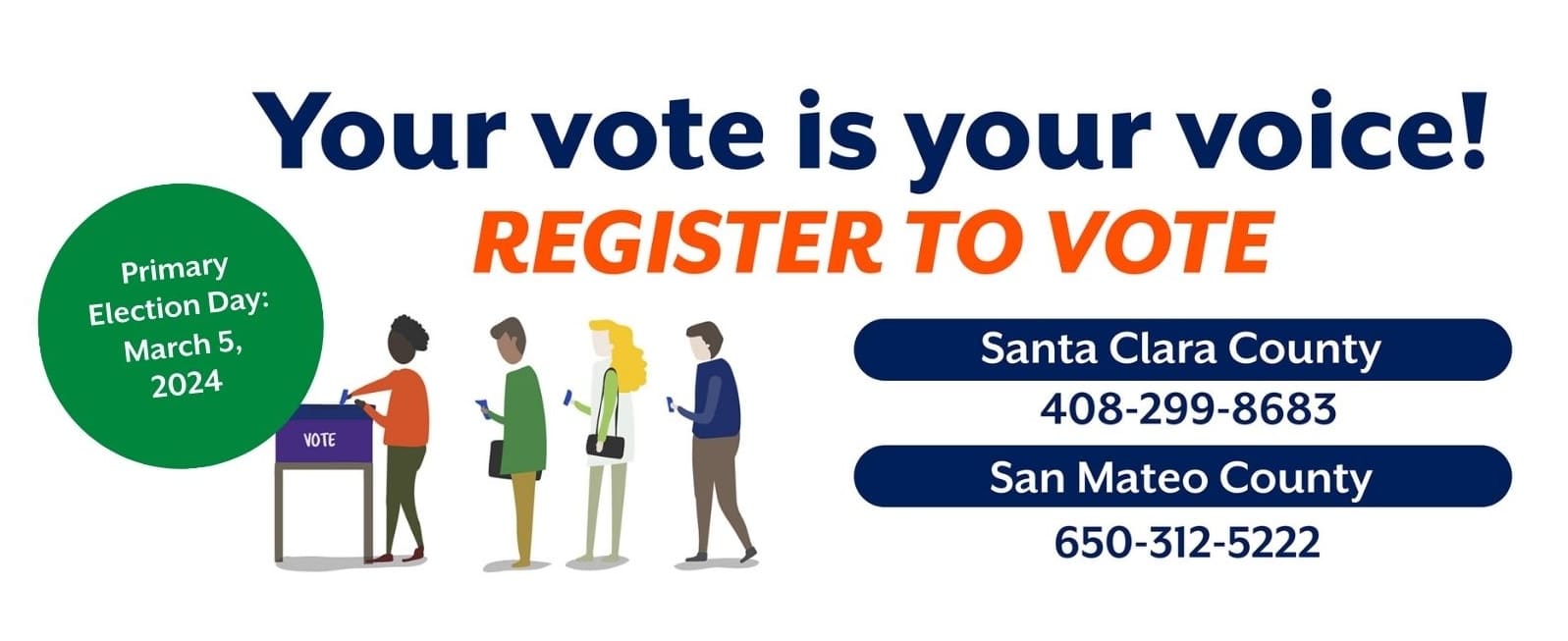Advocacy
Our advocacy work
Access to healthy food is a human right.
Food is foundational to economic health and stability.
Policies should be evaluated for their impact on diversity, equity and inclusion.
Community voice matters.
Policy priority and goals
School and Summer Meals
School and summer meals are vital sources of student nutrition. We will work to expand access to free school meals and ensure students have access to nutrition in the summer months.
Federal Universal School Meals: We will advocate for a Child Nutrition Reauthorization bill which includes free school meals for all students nationwide.
California’s Universal School Meals Program: California was the first state to implement universal school meals, which guarantees all public and charter school students can eat two meals a day at school at no cost. We will advocate for additional funding, infrastructure and support for a sustainable food service workforce. We will promote efforts to increase the effectiveness of Direct Certification data matching so that schools maximize funding sources.
Summer Nutrition: When the school year ends, so do school meals. Summer EBT is a new federal nutrition benefit for low-income students that begins this year. We will monitor its implementation and advocate for program improvements.
Addressing the Root Causes of Hunger
Systemic racism and other inequities are the root causes of hunger. As part of our mission to end hunger in our community, we will explore how we can support root-cause solutions in areas like income and safety net programs, affordable housing and environmental justice. We will work in coalition with our community and focus on solutions where we can have the greatest impact.
Creating a more equitable food system
Environmental Justice and Sustainability
Clean Air, Water and Soil: Under-resourced and marginalized communities are inequitably impacted by climate change and aging infrastructure. We will support efforts to address these issues, whether they impact the fields where our food is grown or our local neighborhoods.
Food Recovery: We are the hub for edible food recovery in our region. We will work with our partners to support local jurisdictions as they implement SB1383 and maximize the amount of food recovered from grocery stores and wholesalers. This meets the dual goals of making more high-quality food available for our neighbors and reducing greenhouse gas production. We will continue to advocate for adequate funding for the food recovery system to ensure this effort is successful.
Support of Food Banks
CalFood: California’s support of food banks and farmers through CalFood is vital to a strong safety net. Given the continuing high level of food insecurity, we will advocate for $60M in ongoing annual state funding for the CalFood program.
The Emergency Food Assistance Program: TEFAP is an important source of food and funding for food banks nationwide. We will advocate for strong TEFAP support in Congressional Farm Bill negotiations—a win for U.S. farmers, food banks and our neighbors experiencing food insecurity.
CalFresh / Supplemental Nutrition Assistance Program (SNAP)
CalFresh can provide direct relief from food insecurity. For every meal provided by food banks, nine are provided through CalFresh. We will advocate for a robust Farm Bill which improves this program’s ability to reduce hunger for all low-income people.
Increase Benefits, Expand Eligibility, Improve Access: We will advocate for a CalFresh program which takes a more accessible approach to addressing food insecurity. This includes ensuring:
– Benefit amounts are adequate for a household to meet its nutrition needs.
– Access for all underserved populations, such as low-income college students and those reentering their community after incarceration.
– Food purchasing options are flexible and meet the needs of families, the unhoused and single individuals.
– Applications can be processed online and by phone.
Food4All: The California Food Assistance Program mirrors CalFresh and supports people who are not eligible for CalFresh under federal rules. Through Food4All, this program will soon be expanded to all low-income immigrants age 55+, regardless of immigration status. We will advocate for this program to be expanded to all age ranges.”
Second Harvest of Silicon Valley 2024 Legislative Event
Presentation Deck
